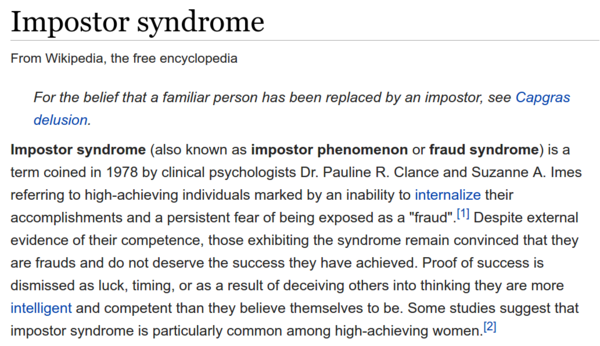- There is no need to envy those who are naturally gifted.
- Keep track on everything!
- Whether you are naturally competent or stupidly bad at a thing, you can always chunked down everything into the dumbest smallest ideas to start grasping from there.
- Interleaving also works. To keep yourself expect on what thing you are about to learn.
- By just seeing the content without thinking anything.
- By skimming.
- Rapid reading.
- Science and sport have different method of learning.
- Science is more about learning instead of training.
- Science is more into understanding on how theories are working.
- Sport obviously use more memory brain than when you are learning science.
- Analogy and metaphor works better in learning science I think.
- Nevertheless, conventional explanation works in setting the base knowledge.
- Experts are trained to make complex decision rapidly. These are some examples.
- Self consciousness is not good to be used when making complex decision rapidly.
- The ideas and theories that you already have in mind can be a blockade to new ideas/knowledges.
- So, there is a benefit of being stupid because easier to process new ideas. Whereas smarter people tends to stuck with the ideas that they have learn.
- New thought can be easily go through your brain.
- Smaller working memory make easier for you to generalize what you have learning in new way.
- Smaller working memory does not locked you on learning new things.
- For example, the discovery of electric lamp did not come from constant iteration of candle.
- Nevertheless, create chunks. A lot of it. Because chunk could be used in many other unrelated subject.
- Deliberately practices in the hardest part.
- There is this imposter syndrome. Impostor syndrome (also known as impostor phenomenon or fraud syndrome) is a term coined in 1978 by clinical psychologists Dr. Pauline R. Clance and Suzanne A. Imes referring to high-achieving individuals marked by an inability to internalize their accomplishments and a persistent fear of being exposed as a "fraud".
- Wikipedia pages, https://en.wikipedia.org/wiki/Impostor_syndrome.
- Screenshot of the Wikipedia page.

